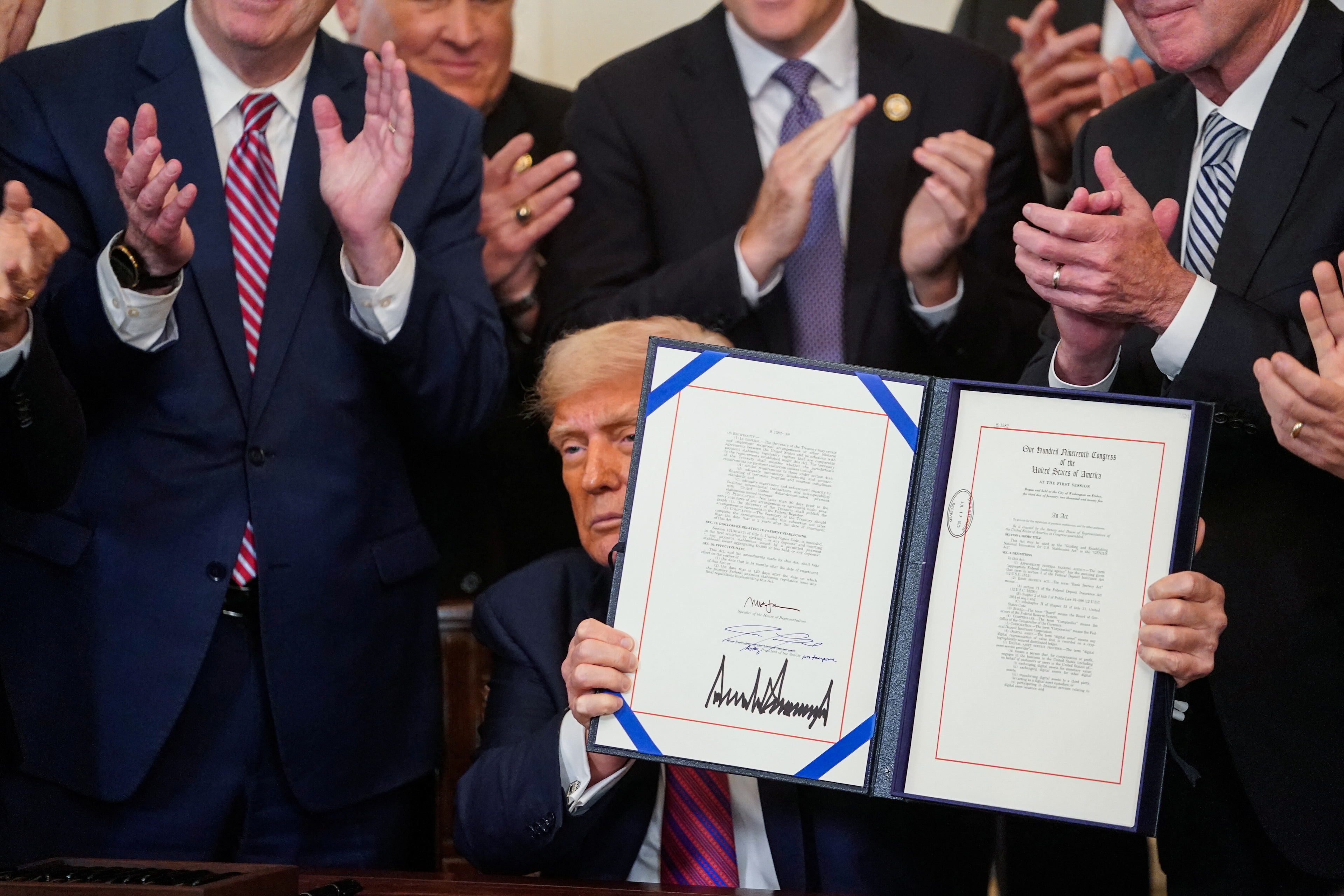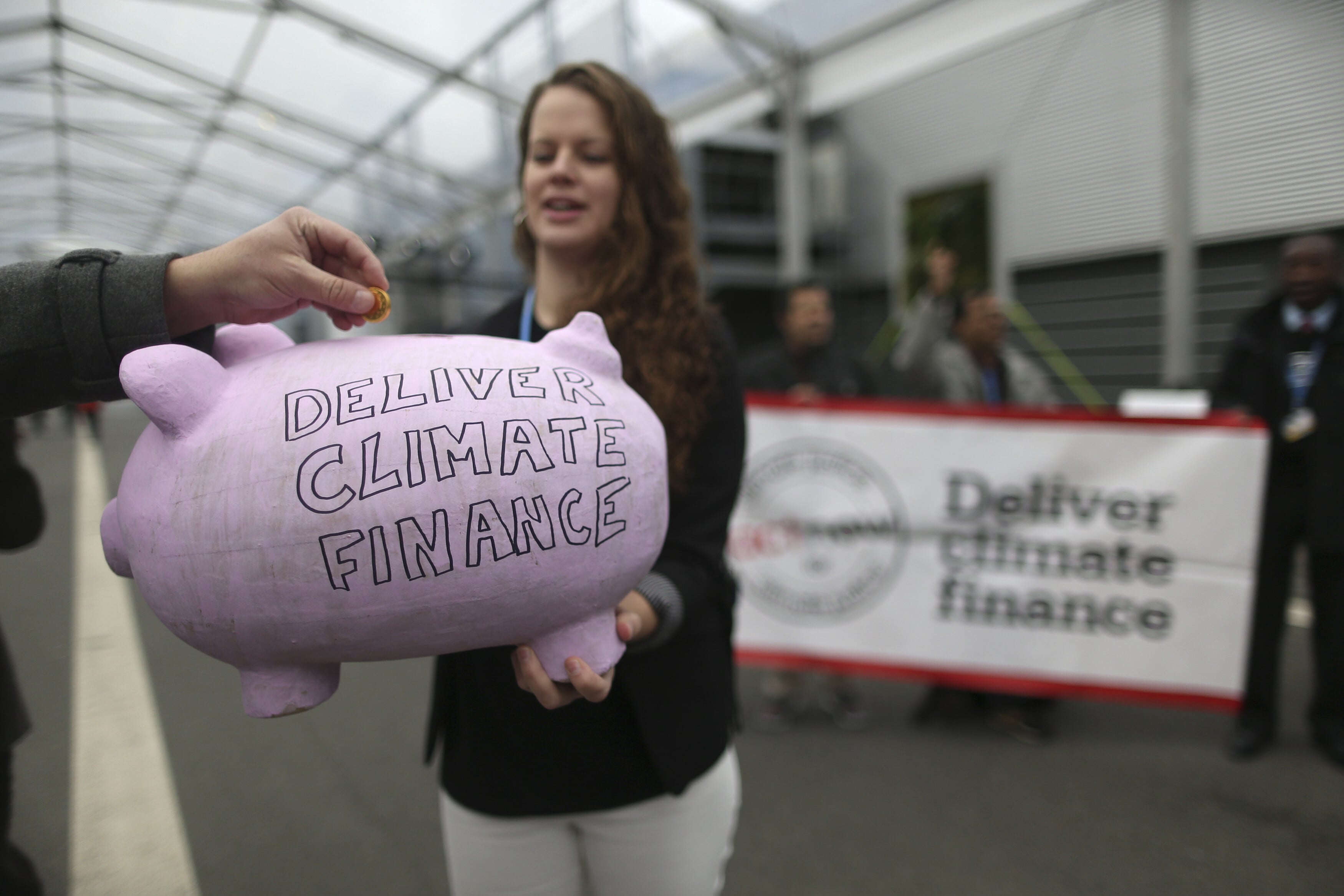Politicians or central bankers: who runs the world?

Global governance sounds like a good idea. Solving the sorts of “collective action problems” that are an inescapable part of geographically dispersed activities – especially economic ones – is something only some sort of supranational authority can do.
Until relatively recently we looked primarily to states to provide the institutional and legal infrastructure that allowed people to conduct commercial relationships with strangers. Now, when economic activities and relationships are increasingly transnational, states cannot provide such a regulatory framework – or they can’t on their own, at least.
Not all states are alike, of course, and some have a much greater capacity to influence the way economic activities are conducted, especially within national borders, than others. But even the most powerful states are now subjected to pressures and constraints that they’ve never faced before.
True, the US still exerts more influence over the structure and practices of the international economic system than anyone else, but even the world’s current hegemon finds its power constrained. Not only are there newly assertive “rising powers” with different ideas about how the world should be organised, but some of the private sector actors that have emerged and grown powerful under American leadership now make life difficult for the US, too.
Bill Clinton’s famous joke about wanting to be reincarnated as a bond market because they have all the power has more than a ring of truth about it. The reality is that the bond and money markets do represent major constraints on the policy autonomy of even the most powerful states. As we saw recently, even prosperous middle-ranking states like Switzerland may be forced to throw in the towel when the pursuit of economic autonomy becomes too much.
But there is more to the new international order than simply the growing structural power of highly mobile capital and implacable market forces. The other noteworthy feature of the contemporary international economic landscape is that elected policymakers are increasingly taking a back seat to unelected technocrats. The rise of the superstar central banker is one of the most revealing illustrations of policymaking trends over the last few decades.
The fact that so many non-policy wonks would recognise the names of Alan Greenspan, Ben Bernanke, Janet Yellen, Mark Carney, Mario Draghi and our own Glenn Stevens is a telling indication of just how prominent central bankers have become and how much potential influence they wield.
Two things have underpinned this unexpected prominence. On the one hand, elected (and some unelected) politicians around the world have given central bankers greater power and responsibility than ever before. Remarkably enough, politicians bought into the idea that they couldn’t be trusted to run monetary policy, especially as elections drew near. They were always likely to lower interests rates for short-term electoral advantage.
On the other hand, the nature of some contemporary policy challenges has encouraged some politicians, at least, to believe that aspects of policymaking are now so complex that they are best left to the experts. Given that many people think that Greenspan bears a heavy responsibility for creating the lax regulatory environment which allowed the global financial crisis to develop, there is no little irony in this possibility.
Be that as it may, in the immediate aftermath of the GFC, Ben Bernanke was at the centre of efforts to save the world – or the world of international high finance, at least. Given that Bernanke is a world authority on the Depression, he was suitably expert. And yet we still don’t really know whether quantitative easing (QE) really did – or has? – unambiguously restored the American economy.
These questions are not just of interest to economic historians. On the contrary, the European Union is about to follow the American recipe and start printing money, albeit not on quite the epic scale that the US did.
Given that such policies have been tried with only limited success in Japan, it remains unclear what consequences they will have in Europe. The principal impact across much of the world seems to have been pump up the value of stock markets in ways that look wildly at odds with developments in much of the “real” economy.
Worryingly, the EU’s experiment with QE has potentially much more than just economic stability at stake. The fate of the EU itself, not to mention the lives of the continent’s burgeoning army of young unemployed, hangs in the balance. Whether or not Greece decides to elect a radical politician bent on recovering national policy autonomy, the fate of any future government will be determined in large part by the actions of Europe’s unelected technocrats.
No doubt some, like Tony Abbott, will see this is a manifestation of “European sickness” and the perils of an overbearing bureaucracy. But that would be to miss the larger point about the changing nature of national and international governance.
Technocrats are powerful here, too – and that’s not necessarily a bad thing. It is, however, yet another challenge to the authority and competence of elected policymakers when people around the world are despairing of their governments’ ability to deal with contemporary problems.
This article is published in collaboration with The Conversation. Publication does not imply endorsement of views by the World Economic Forum.
To keep up with the Agenda subscribe to our weekly newsletter.
Author: Mark Beeson is Professor of International Politics at the University of Western Australia.
Image:The emblem of the Chilean Central Bank is seen on the main gate of its building in downtown Santiago. REUTERS/Ivan Alvarado
![]()
Don't miss any update on this topic
Create a free account and access your personalized content collection with our latest publications and analyses.
License and Republishing
World Economic Forum articles may be republished in accordance with the Creative Commons Attribution-NonCommercial-NoDerivatives 4.0 International Public License, and in accordance with our Terms of Use.
The views expressed in this article are those of the author alone and not the World Economic Forum.
Stay up to date:
Geo-economics
Related topics:
Forum Stories newsletter
Bringing you weekly curated insights and analysis on the global issues that matter.
More on Financial and Monetary SystemsSee all
Sandra Waliczek
August 8, 2025






